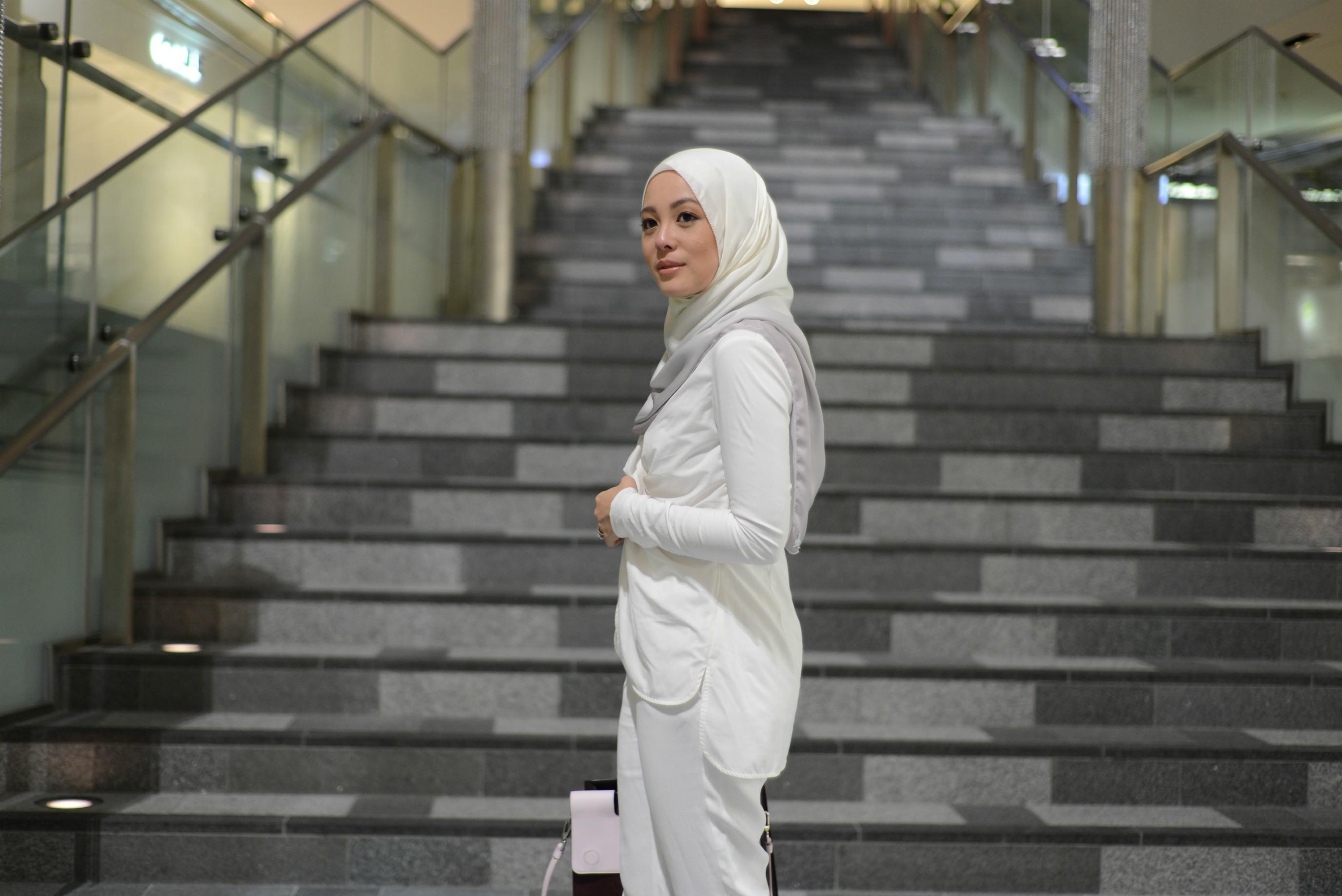Malaysian e-commerce store FashionValet gets Series C funding, eyes Middle East
Photo: FashionValet co-founder Vivy Yusof. Photo supplied by FashionValet
DUBAI – Malaysian online fashion store FashionValet has received an undisclosed amount Series C funding from Khazanah Nasional Berhad, the strategic investment arm of the government of Malaysia.
Launched in 2010 with 10 brands, FashionValet now stocks more than 300 brands from Southeast Asia and the company has offices in Malaysia and Singapore, as well as two physical stores in Kuala Lumpur.
FashionValet said in a statement today that the new investment will help it increase its presence in Malaysia through more physical stores, expand to other markets, and ramp up its infrastructure via technology.
The company said in January it aims to penetrate the West Asian market and it is now also eyeing the Middle East.
“Moving forward, we are not going to have one website for all countries anymore. For different regions we’re going to have separate websites,” FashionValet co-founder Vivy Yusof told Salaam Gateway.
“The Middle East is an attraction for us. We already have customers here organically – we didn't do any marketing here – so having that shows a really good response already.
Malaysia currently makes up around 60 percent of FashionValet’s customer base. In the Middle East, Kuwait, Qatar, UAE and Saudi Arabia are the store’s biggest markets, said Yusof.
“We are planning to do a FashionValet Middle East website to cater for the region’s local needs,” she said.
There is no set timeline for the company’s Middle East entrance, said Yusof, who was in Dubai this week meeting buyers and customers to get their feedback on current FashionValet brands.
LEARNING FROM FAILURE
On its plans to expand into new markets, Yusof said the company has learnt from its failure in establishing its business in Jakarta three years ago.
“We learnt a lot from Jakarta but in hindsight I think that we didn’t do the right strategy, we didn’t spend enough time there nor did we find the right method on how to penetrate that market. We weren’t ready. We weren’t sure how to manage so many different offices in different countries.
“What I’ve learnt is also not to jump in too fast. So I want to be cautious, coming into the Middle East.
“We want to find the right mentor and the right partner here and let them lead the way,” said Yusof.
GROWTH, ASIA-MIDDLE EAST LINK
Yusof said FashionValet has not reached profitability but hopes to break even this year. According to her, revenue has grown 100 percent every year, although she would not reveal exact figures.
Ramadan and Eid are the company’s biggest seasons; Yusof said the e-commerce site can receive up to 7,000 orders per day in the lead up to the festive period, compared to 1,000-1,500 orders on an average day during the rest of the year.
The key to FashionValet’s growth has been its focus on local brands, said Yusof.
The company will adopt the same strategy in the Middle East and focus on what local designers and brands need most. According to Yusof, local designers in the region cite production as their main concern and FashionValet intends to leverage its Asian experience and networks to succeed in the Middle East.
“We go to China all the time, we know where to source, where to get the good prices and all that. So [local designers in the Middle East] are very keen, first of all with the experience that we have and the connections that we can give them.
“And second of all with the influence that we have in other regions, the moment they’re in FashionValet they can also tap into the Southeast Asian market that we’re in already.”
FashionValet’s first funding was in 2012 when it beat 40 others to win 1 million Malaysian ringgit ($300,000) from MyEG Services on local reality TV show Make The Pitch. Yusof and FashionValet co-founder and CEO Fadzarudin Anuar went on to secure $1.5 million from Silicon Valley’s Elixir Capital and $5 million from Start Today Ltd, which owns Japan’s leading online fashion mall Zozotown.
(Reporting by Rachel McArthur and Emmy Abdul Alim; Editing by Seban Scaria seban.scaria@thomsonreuters.com)
Our Standards: The Thomson Reuters Trust Principles
© SalaamGateway.com 2018 All Rights Reserved

Rachel McArthur and Emmy Abdul Alim